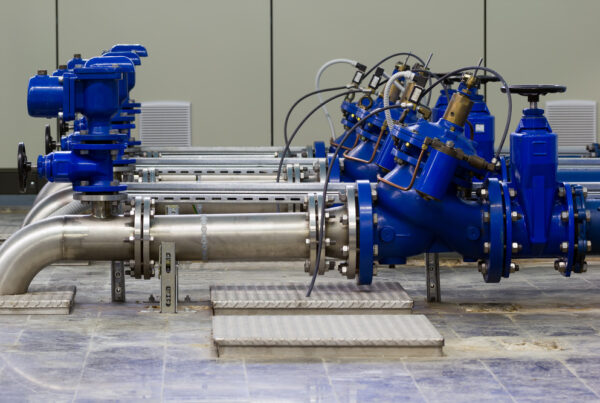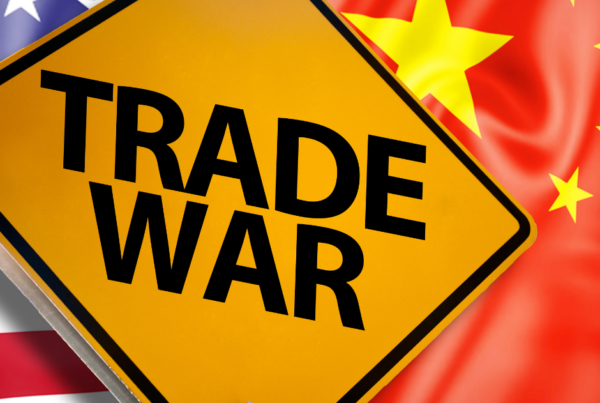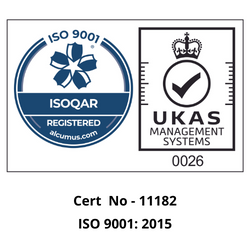The Current State of UK Manufacturing: Challenges and Opportunities
The UK manufacturing sector has long been a cornerstone of the nation’s economy, contributing significantly to employment, innovation, and exports. As of 2024, the industry stands at a critical juncture, facing a mix of challenges and opportunities that will shape its future trajectory. This blog delves into the current state of UK manufacturing, exploring the key trends, hurdles, and potential pathways for growth.
Economic Contribution and Workforce
Manufacturing remains a vital part of the UK economy, accounting for approximately 10% of the GDP and employing around 2.7 million people. The sector is diverse, encompassing industries such as automotive, aerospace, pharmaceuticals, and food and beverages. Despite its significant contributions, the sector has seen a relative decline in its share of the GDP over the past few decades, primarily due to the growth of the services sector and increased global competition.
Key Trends Shaping the Sector
1. Technological Advancements
The adoption of Industry 4.0 technologies is transforming UK manufacturing. Automation, artificial intelligence, the Internet of Things (IoT), and advanced robotics are enhancing productivity, efficiency, and quality. These technologies enable manufacturers to optimize production processes, reduce costs, and respond more swiftly to market demands. However, the pace of adoption varies across different industries and companies, with SMEs often lagging behind due to resource constraints
2. Sustainability and Green Manufacturing
Environmental concerns and regulatory pressures are driving manufacturers to adopt sustainable practices. The push towards net-zero emissions has led to investments in energy-efficient technologies, renewable energy sources, and circular economy models. Green manufacturing not only helps in reducing environmental impact but also opens up new market opportunities as consumers and businesses increasingly prefer sustainable products.
3. Supply Chain Resilience
The COVID-19 pandemic and geopolitical tensions have highlighted the vulnerabilities in global supply chains. UK manufacturers are re-evaluating their supply chain strategies, focusing on resilience and flexibility. This has led to a shift towards local sourcing, diversification of suppliers, and increased stockpiling of critical components. While these measures can mitigate risks, they also come with increased costs and complexities.
Challenges Facing UK Manufacturing
1. Brexit and Trade Barriers
Brexit has introduced new trade barriers, tariffs, and regulatory challenges for UK manufacturers. The transition has been particularly challenging for industries reliant on seamless cross-border trade, such as automotive and aerospace. Manufacturers are grappling with increased paperwork, delays, and compliance issues, which affect their competitiveness in the European market.
2. Skills Shortage
A significant skills gap continues to hamper the growth of UK manufacturing. The industry requires a highly skilled workforce proficient in advanced manufacturing technologies. However, there is a shortage of STEM graduates and apprentices. Efforts to upskill the existing workforce and attract young talent into the sector are crucial to address this issue.
3. Investment and Funding
Access to finance and investment remains a critical challenge, particularly for SMEs. The capital-intensive nature of advanced manufacturing technologies necessitates substantial investment. Government initiatives and private sector support play a vital role in providing the necessary funding and incentives to drive innovation and growth.
Opportunities for Growth
1. Innovation and R&D
Investment in research and development (R&D) is essential for the future of UK manufacturing. Innovations in materials science, nanotechnology, and biotechnology offer new avenues for product development and differentiation. Collaboration between industry, academia, and government can foster a robust innovation ecosystem.
2. Export Growth
Despite the challenges posed by Brexit, there are significant opportunities for UK manufacturers to expand their exports. Emerging markets in Asia, Africa, and Latin America present growing demand for high-quality manufactured goods. Leveraging trade agreements and strengthening international trade relationships can help UK manufacturers tap into these markets.
3. Digital Transformation
The digital transformation of manufacturing processes can enhance efficiency, reduce costs, and improve product quality. Digital twins, predictive maintenance, and smart factories are some of the key technologies driving this transformation. Manufacturers that embrace digitalization can gain a competitive edge in the global market.
Conclusion
The UK manufacturing sector is navigating a complex landscape marked by technological advancements, sustainability imperatives, and geopolitical shifts. While challenges such as Brexit, skills shortages, and investment hurdles persist, there are ample opportunities for growth and innovation. By embracing Industry 4.0 technologies, fostering a skilled workforce, and exploring new markets, UK manufacturing can secure a resilient and prosperous future. The collaborative efforts of industry stakeholders, government, and academia will be pivotal in driving the sector’s success in the coming years.
If cables are a required in your organization then please contact us on 01480 861348 or Email – sales@contactcables.com






